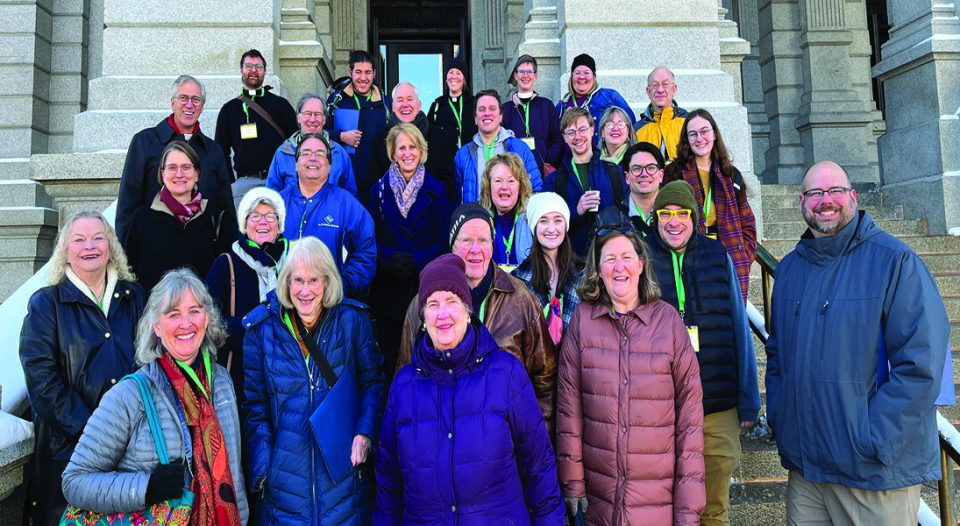We know that facing hunger is more than pre-dinner pangs. The share of children in households with an income of less than half the poverty line doubled between 2021 and 2022 in the United States. That is an increase of more than 100% for children living in what is considered deep poverty, according to an assessment by ELCA World Hunger of U.S. Census Bureau statistics released in September 2023. The faces of hunger and its cascading impacts are known by our members, ministries and communities.
ELCA-affiliated state public policy offices are faith-grounded voices in advocating to bring change. Lutheran Advocacy Ministry-Colorado (LAM-CO), for example, worked with local coalitions to campaign for Proposition FF. This November 2022 ballot initiative, taken directly to Colorado voters, extended free school meals in the state to all students regardless of income.
Hunger Network in Ohio advocated for the Healthy School Meals for All initiative. It met with legislators to ensure that the National School Lunch Program that began during the COVID-19 pandemic would continue to be funded in Ohio’s biennial budget for fiscal years 2024-25. Thanks to their efforts, all students eligible for reduced-price lunches will now receive meals for free.
In February 2023 the network reported: “These meals help to acknowledge that well-nourished minds are not only healthier, but also help children learn better. Healthy School Meals for All also eliminates school meal debt and significantly reduces the administrative work required to operate the School Nutrition Programs and improve school nutrition finances.
“In addition, Healthy School Meals for All reduces the stigma associated with participating in school meals, which keeps children who need school meals from participating.”
Alleviating hunger takes many forms, including local advocacy. Connect with a policy office in your area or work with other synod and community coalitions to make a difference.
As summarized by LAM-CO: Advocacy is an extension of the church’s practice of loving our neighbors.





